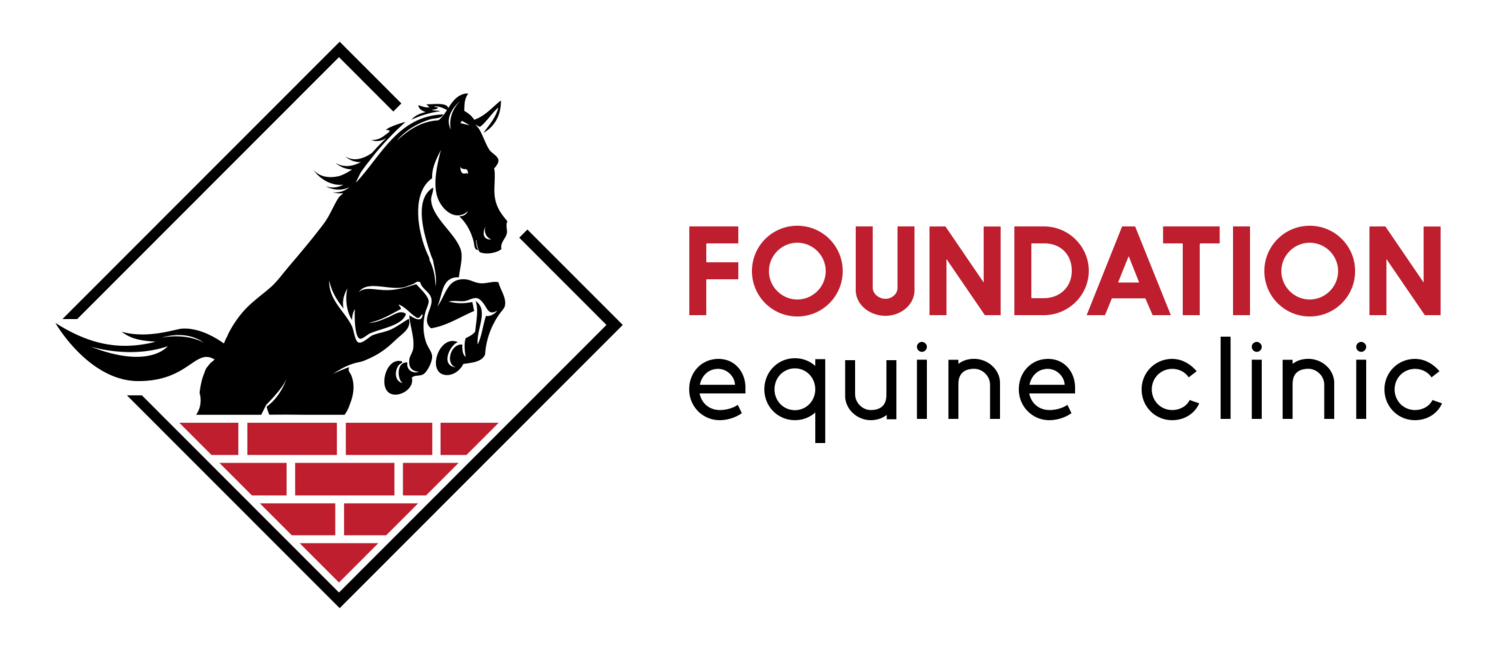How to Choose Your Equine Dental Care Provider:
There have been tremendous advancements in equine dentistry in the past 30 years. Particularly in last 10 years, our understanding of this critical aspect of equine health care has accelerated at an unprecedented pace. The days of having a farrier use an old rasp to file the teeth are long gone. With all the new information available, identifying the best dental care provider for your horse can be confusing. Here are some important things to look for in an equine dentist:
1. He or she uses sedation prior to examination and dentistry:
Sedation is critical to allow a horse to relax fully enough to be thoroughly evaluated. No horse is docile enough to allow complete examination without the benefit of sedation. Sedatives also provide analgesia (pain control), which is necessary for any advanced dentistry.
2. He or she uses a full-mouth speculum, light source and mirror for examination.
Due to the anatomy of the equine cheek teeth, it is impossible to fully view all surfaces of the teeth and supporting structures without a speculum (a device that opens the mouth), a hand-held mirror and a light source. An oral endoscope (camera used inside the mouth) is a helpful bonus.
3. He or she provides pain control when necessary
Much like human dentistry, certain dental conditions and their treatment can cause pain. A good equine dentist/ dental care provider can administer or order the administration of pain-alleviating substances when necessary.
4. He or she can provide, or has access to, x-ray equipment
There are many scenarios in which full evaluation of a dental problem may require radiography (x-rays). It is critical that a dentist or care provider have the ability to provide or arrange for x-rays of the affected structures if needed.
5. He or she continues to update his or her medical knowledge and training in the subject of equine dentistry.
The subject of horse dentistry is rapidly evolving, so continuing education (conferences, meetings, educational reading, hand-on workshops, etc) is critical to ensure that the provider has access to the newest information.
6. He or she uses a dental chart and keeps a permanent record of your horse's dental findings.
Equine dental exams should be performed on a regular basis (yearly for most horses). Any abnormal or questionable findings should be documented and maintained in the horse's record. Without records, it is impossible to accurately monitor the progression of any disease or abnormalities. In addition, if your horse is sold or moved to another location, his new dentist will need access to previous records in order to provide top-quality ongoing care.

